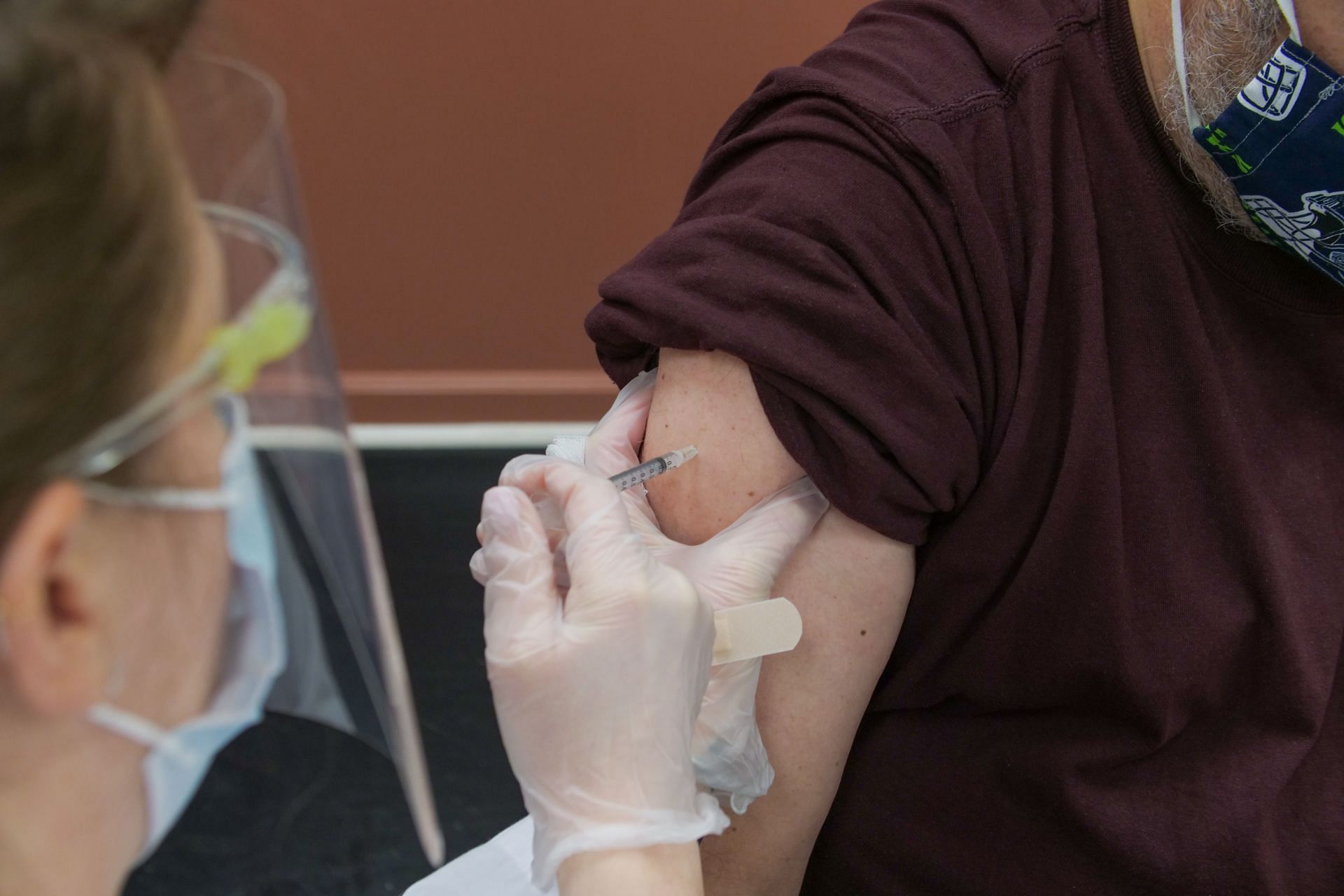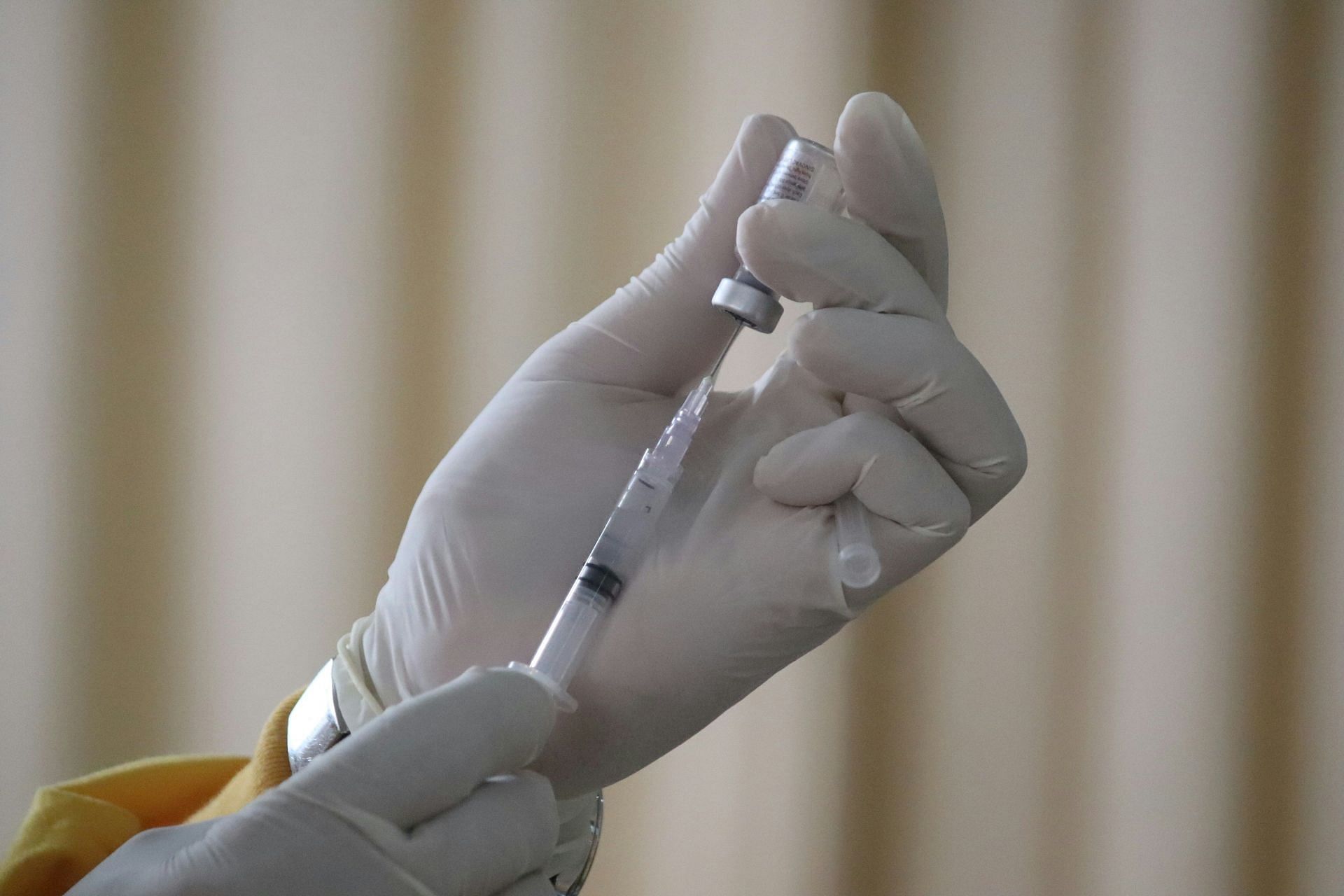Researchers at the University of New Mexico have developed an affordable vaccine to lower cholesterol levels. The vaccine, according to the university, lowers the risk of heart attack and stroke by blocking the protein that raises cholesterol levels.
A non-infectious viral particle is coated with minute fragments of the PCSK9 protein to form the vaccine after being exposed to the protein in vaccine form. The immune system can then develop a robust antibody response, eventually enabling the body to combat the protein and naturally lower LDL cholesterol levels.
Bryce Chackerian, co-author of the study, said:
“We are interested in trying to develop another approach that would be less expensive and more broadly applicable, not just in the United States, but also in places that don’t have the resources to afford these very, very expensive therapies.”
What are the results of the vaccine to lower cholesterol levels?
Tests conducted on mice and monkeys have yielded encouraging findings for the vaccine since it has been demonstrated to reduce “bad” cholesterol nearly as well as costly medications presently used to treat high cholesterol. Within the next ten years, the vaccine might be available for the public, according to researchers.
Why is there a need to lower cholesterol levels?

Sustaining ideal cholesterol levels is essential for the cardiovascular system’s overall health. The body needs cholesterol, a fatty substance, to function properly, but excessive levels of specific types of cholesterol might increase the risk of cardiovascular diseases. Some of the most common explanations for reducing cholesterol levels include the following:
Risk factor for heart disease: Elevations in low-density lipoprotein (LDL) cholesterol, commonly known as “bad” cholesterol, can cause artery plaque to accumulate. The risk of heart disease and stroke can rise because of the narrowing and blocking of blood arteries caused by this plaque.
Preventing atherosclerosis: Atherosclerosis is a disorder in which cholesterol, fatty deposits, and other chemicals build up in the arteries, causing them to stiffen and narrow. Reducing cholesterol levels aids in stopping atherosclerosis’s onset and advancement.
Lowering the risk of coronary artery disease: Narrowing or blockage of the blood arteries that nourish the heart muscle results in coronary artery disease (CAD). High cholesterol has a role in the development of coronary artery disease (CAD), which can cause angina (chest pain) and heart attacks.
Stroke prevention: One of the main risk factors for stroke is high cholesterol. Plaque accumulation in the arteries can cause a stroke and damage to brain tissue by obstructing blood flow to the brain.
Improving blood flow: Maintaining improved blood flow throughout the body is made possible by lowering cholesterol levels. This is essential for maintaining general health by giving organs and tissues the oxygen and nourishment they need.
Handling hypertension: High blood pressure and other cardiovascular risk factors are frequently linked to elevated cholesterol levels. Managing total cardiovascular health involves more than just controlling cholesterol levels.
Prospects of the vaccine to lower cholesterol levels


The vaccine to lower cholesterol levels targets PCSK9 and has enormous potential to completely transform cholesterol management as research on it advances. The ability to reduce LDL-C levels without constantly taking statins may represent a breakthrough in the treatment of cardiovascular disease.
The vaccine’s worldwide applicability and low cost per dose—roughly $100—could alleviate the financial drawbacks of the existing PCSK9 inhibitors. A ten-year timescale for possible human usage is indicated by the current attempts to move into vaccine manufacturing and clinical testing, offering a promising prospect for an economical and effective global solution to high cholesterol.

Rohit Malhotra is a medical expert and health journalist who offers evidence-based advice on fitness, nutrition, and mental well-being. His articles aim to help readers lead healthier lives.


